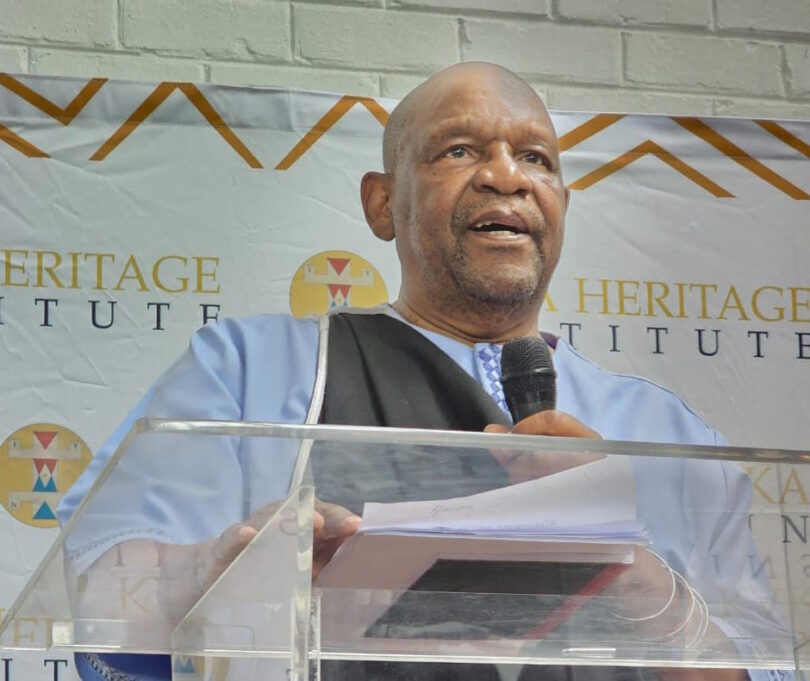|
Getting your Trinity Audio player ready...
|
In his contribution to the Debate on International Women’s Day hosted by the Pan-African Parliament (PAP) on 8 March 2023, Prof Mathole Motshekga called on policymakers and stakeholders to give women access to land and natural resources and means of production.
“Hon. President of the PAP Women Caucus and Hon Chief Fortune Charambira, President of PAP and distinguished members of this Parliament, in particular, female members and the women of this great continent of Africa.
“It must sadden all of us, to learn first that, first there are people, especially women who have no access to land and natural resources and means of production, and secondly that there is racial violence and homicide in Tunisia. It is even more saddening that these legacies of imperialism and colonialism continue after the decolonisation of the African continent with the exception of the Sahrawi republic,” Prof Motshekga said.
He encouraged the President of the PAP Women’s Caucus, Hon Amina Yaya to mobilise advocacy to address landlessness, patriarchy, and racial violence that are the legacy of imperialism and colonialism as well as some cultures and religions.
European Imperialist powers violently dispossessed African people, especially women, of the Land and its natural resources. The failure and/or neglect of post-colonial African states to restitute or return the land and its resources left these resources in the hands of colonial settlers and therefore entrenched the legacy of the triple challenge of poverty, unemployment, and inequalities which affect, in particular, women and children.
The African renaissance advocate bemoaned the fact that a majority of people on the continent pay lip service to patriarchy and fail to address its root cause, namely, the false notion that the supreme beings are a father and his son and there is no female supreme being.
In indigenous African Spiritual thought the Supreme beings are the Queen of Heaven (Mwari or Mwali we Denga) and the Virgin Mother (Mara or Maria) of the Sun God Ra.
He said the Queen of Heaven (Mwari or Mwali we Denga) is also defined as the Highest (Mudzimu or Modimo) and the Queen of the Underworld, Sabanyadatja (Greek i.e., Sopdet), popularly known as Queen Saba or Sheba.
“The belief in and worship of Queen Saba or Sheba is called Sabaism. The belief in and worship of the Son of God, Kara, which manifested itself as the Sun-God is called Karaism, the African Spiritual Philosophy or Religion of Light. The Legendary founder of Sabaism and Karaism is the African prophet Khem or Thoth-Hermes known as Enoch in Judaism and Idris in Islam.
“I submit Hon President that the triple heritage of Christianity, Islam, Karaism, and Indigenous African Religion, should receive equal recognition. African religion in particular has the most important role to play in our programme to combat patriarchy, Gender-Based Violence, and femicide because it preaches that the Supreme being is a woman, not a man.
“Mandela said African Religion is no longer a superstition that must be replaced by other religions. Mandela emphasized African humanism (Ubuntu or Botho or Utu), the central tenet of African Religion, and maintained that it will play a major role in the search for a new Moral, Social, and economic order,” he added.
Hon Stars Mathe, the Deputy Chairperson of the PAP Committee on Education, Culture, and Human Resources said the legislative body must advocate for internet access as a basic right.
“We need to advocate for the integration of ICT into education curriculums and zero tolerance towards discrimination against the girl child in pursuing educational programs in the fields of Science, Technology, Engineering, and Mathematics. This will go a long way towards bridging the gap between men and women in the control or access to key levers of the economy,” Hon Mathe added.






